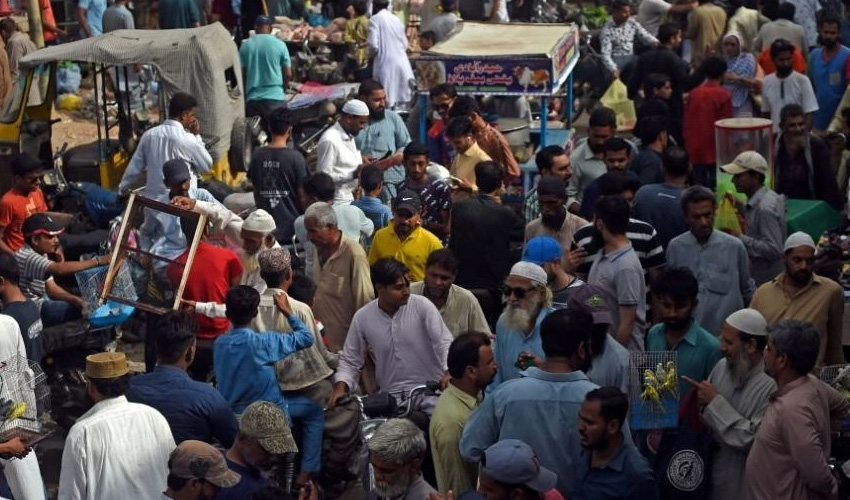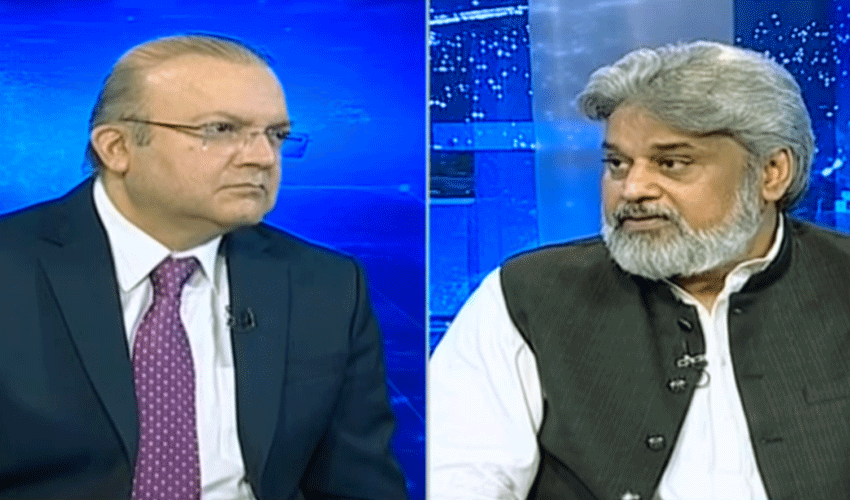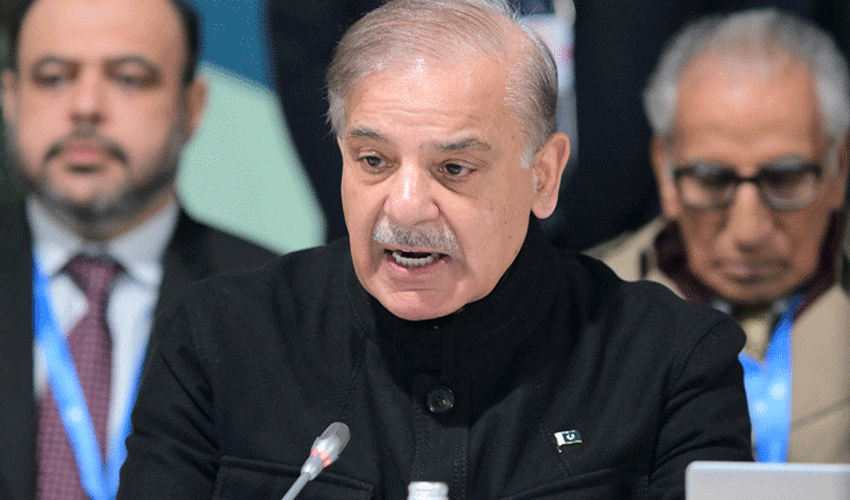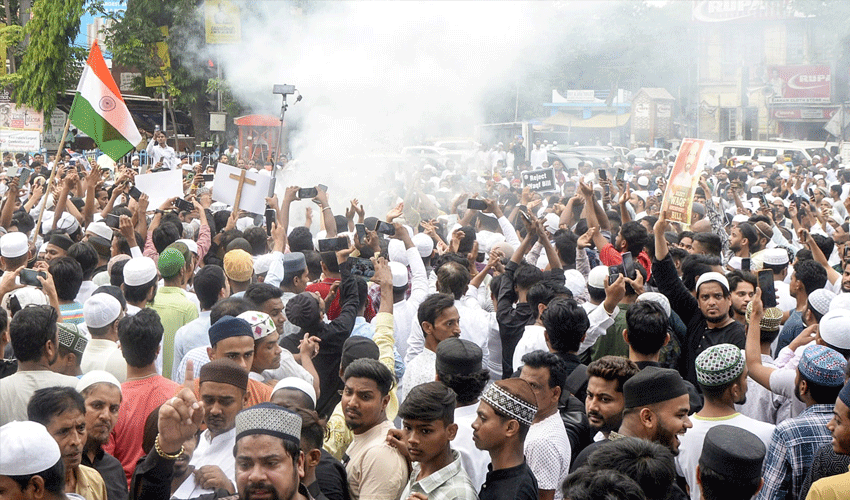Pakistan has shown a slight advancement on the global Human Development Index (HDI), moving up three spots to secure the 161st position among 191 countries, according to the latest report by the UN Development Programme (UNDP).
The HDI, a comprehensive measure encompassing factors such as per capita income, educational attainment, and life expectancy, reflects the progress and well-being of nations.
Pakistan's improvement from its previous ranking of 164 in the 2021/22 report signals a positive trend amidst the challenges posed by the COVID-19 pandemic.
Titled 'Breaking the Gridlock', the UNDP report sheds light on the widening disparities between affluent and underprivileged populations worldwide, despite an overall increase in global human development scores in 2023. Rich nations have experienced notable advancements, while half of the world's poorest countries continue to struggle, languishing below pre-pandemic levels.
India ranked at 132nd on the HDI index, while other South Asian countries such as Sri Lanka (73rd), Bangladesh (129th), Maldives (90th), Nepal (143rd), Bhutan (127th), and Afghanistan (180th) also featured in the report.
Switzerland leads this year's rankings, followed closely by Norway and Iceland. Conversely, the Central African Republic (CAR), South Sudan, and Somalia lag significantly behind.
UNDP Administrator Achim Steiner highlighted the concerning trend of widening human development gaps, emphasizing the urgent need for international cooperation to address shared challenges. Steiner stressed the importance of leveraging interconnectedness to tackle issues such as climate change, digitalization, poverty, and inequality.
UN Secretary-General Antonio Guterres echoed these sentiments, underscoring the imperative for collective action and cooperation to achieve sustainable development goals. He pointed to the upcoming Summit of the Future in September as an opportunity to reimagine global cooperation for a better world.
The Human Development Report also identified a "democracy paradox", wherein support for democracy coexists with the endorsement of leaders who may undermine democratic principles. This paradox, coupled with feelings of powerlessness and political polarization, underscores the need for inclusive and forward-thinking governance.
As the world grapples with record-breaking temperatures and the rapid advancement of Artificial Intelligence (AI), UNDP emphasized the necessity of united action to address the climate crisis and regulate technological advancements.
In a world marked by division and polarization, neglecting investment in collective well-being poses a significant threat to global security, according to Steiner. He advocated for an opportunity-driven agenda that prioritizes the benefits of the energy transit



























